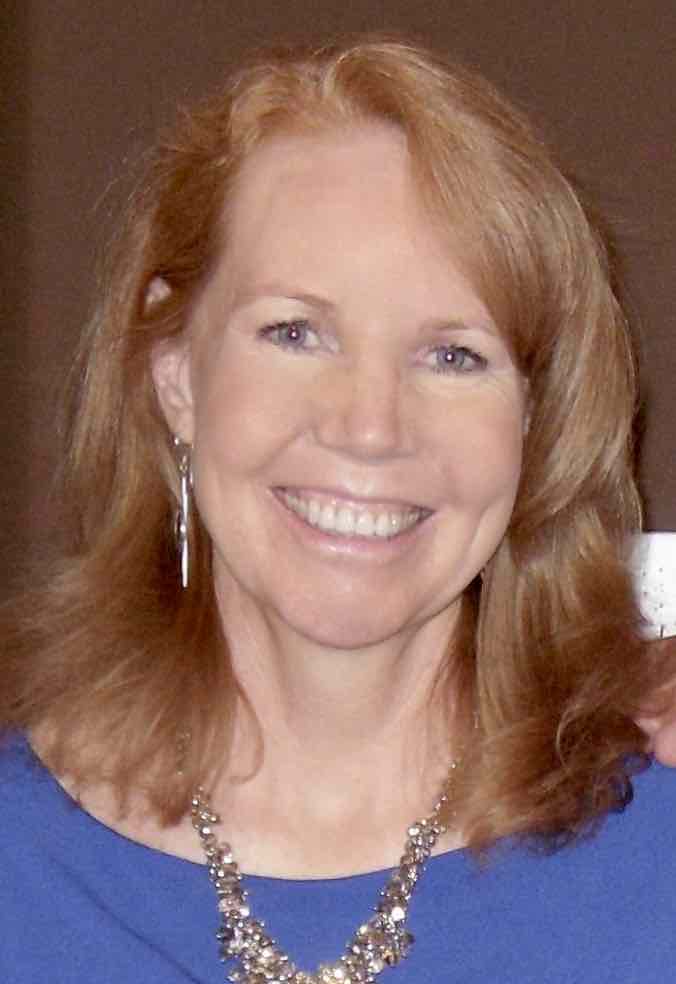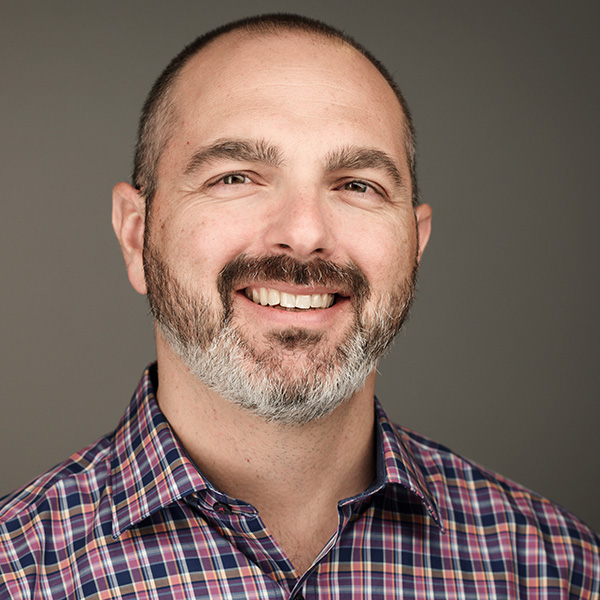Staying Active is Good for Your Wallet
When we were growing up, being active was not a problem. Our mothers did not want us hanging out in the house. “Go outside and play” was a familiar refrain. We road our bikes everywhere. We climbed trees. We played tag and hide & seek. Watching TV was mostly reserved for evenings, as a family, and there was nothing like video games to keep us occupied. We had fun.

In school I did not like Exercise. Physical Education meant running laps, doing pushups or pullups or sit-ups. Sometimes we would play a game like dodge ball or volleyball, but usually we focused on fitness. If a kid is not looking at trying out for a team or becoming an athlete, then no matter how much you tell them, “Exercise is good for you,” it does not register. It is like telling them, “Eat your vegetables, they are good for you.” What does that even mean when you are 8 or 10 or 15 years old. Good for you is a long-term concept that does not have much relevance when we are young.
But now… good for you matters. We know this, we tell ourselves this, and still we put off exercise. Why is that?
Change is hard
I have been stuck at the same weight for a couple of years. My doctor gave me 18 months to lower my A1C, and it stubbornly stayed the same. I had been walking fairly regularly in my attempt to add exercise to my life. Nothing was working.
So, I signed up with a coach. Every day she has tasks for me to do. There are a series of exercises, plus she has me continuing my walks. There are changes to my eating habits. Things like having a glass of water every morning before my coffee! (I don’t always remember this one). She wants me to slow down when I eat, mindful eating she calls it. I eat alone most meals, so normally I am reading something. I may be reading an article on my phone, or it may be a magazine or book. Putting those distractions down and just focusing on my meal is not easy.
Priorities
The other thing I am noticing is how I have to negotiate with myself to make exercise and Lifestyle changes a priority. My beliefs have been around productivity. I am being productive when I am working on the podcast. I am being productive when I am paying bills. I am being productive when I am working on my house or my yard. We tend to see exercise as something we will do when we have the time. It does not seem to rate as highly as other tasks in our lives.
What we believe becomes our truth.

Words matter. If I tell myself I HAVE to exercise, I HAVE to move, my resistance goes up. Without movement though, I am looking at having more potential health problems down the road. We can no longer believe that we are invincible, as we once believed when we were young.
With that knowledge, we can change our words to “I WANT to exercise, I WANT to move, because I DON’T want to be sick and incapacitated as I age.”
Prioritizing movement is my way of staying healthy and feeling good for as long as I can. There is a book called, “Live Long, Die Short.” It is about doing all that we can to minimize the length of time we may be ill at the end of life.
Financial implications
There is another way to look at motivating ourselves to move.
In our working lives, productivity meant financial reward. The more we produced, the better we were at our jobs, we could look for financial rewards. If you were in sales, it might have meant bonuses. If you were in Technology, like I was, it might have meant a promotion or a raise.
What is the financial reward of prioritizing our health?
A study conducted jointly by the American Heart Association, Yale, Johns Hopkins, Emory and Baylor found that you could save $2500 in annual health care expenses related to heart disease by prioritizing 30 minutes of daily walking into your routine!
“A startling study published in July in The Lancet looked at data from 142 nations about time lost from work, insurance claims, health care billing, and other costs that the researchers determined were most likely caused by people being sedentary and now suffering from heart disease, Stroke, Type 2 Diabetes, breast Cancer or colon cancer. Each of these conditions is believed to be much more common among people who do not exercise.” This was reported in the NY times.
In other words, being physically active is good for your wallet!
Summary
We would not start our day without brushing our teeth. Many of us would not start our day without 1-2 cups of coffee. These are habits. Adding habits, changing habits don’t happen without knowing the reason why we should add or change a habit, like exercise.
Finding your WHY, your PURPOSE for adding movement to your life, will make the change less challenging. I did not say easier, because changing habits and behaviors takes time and effort. And without knowing why you are making the changes, it is easy to give up.
For me, it is about living a healthy life for as long as possible. Of course there are no guarantees. But the odds are in my favor, if I make some tweaks to my lifestyle and habits that include more movement.
What about you? Do you know your WHY?
The post Staying Active is Good for Your Wallet first appeared on .

























